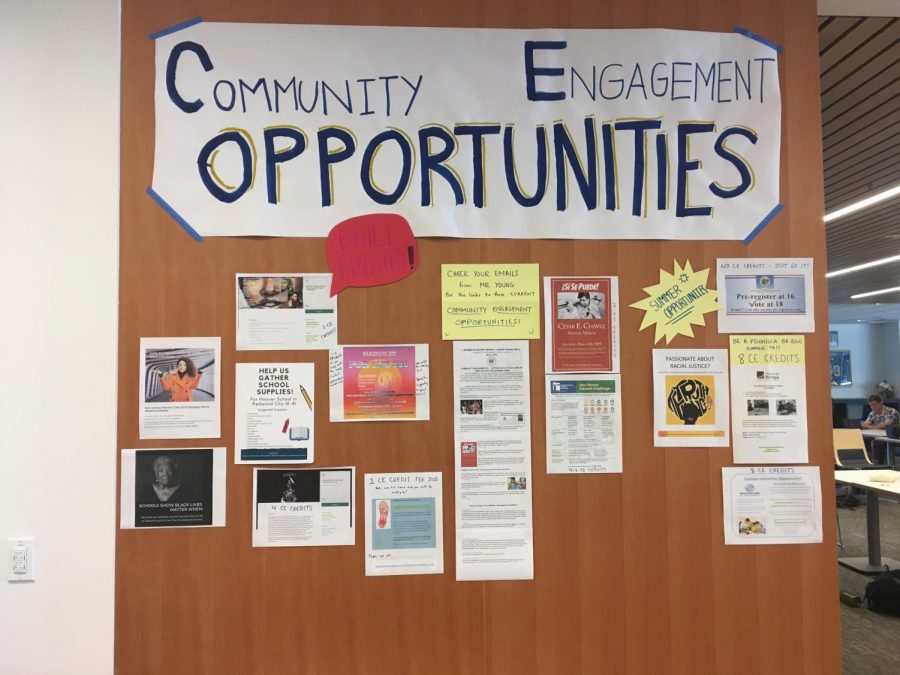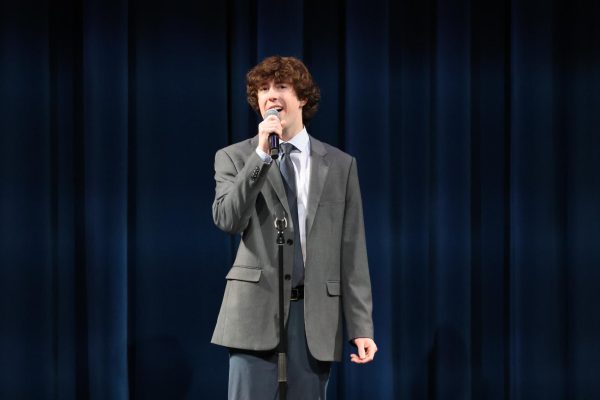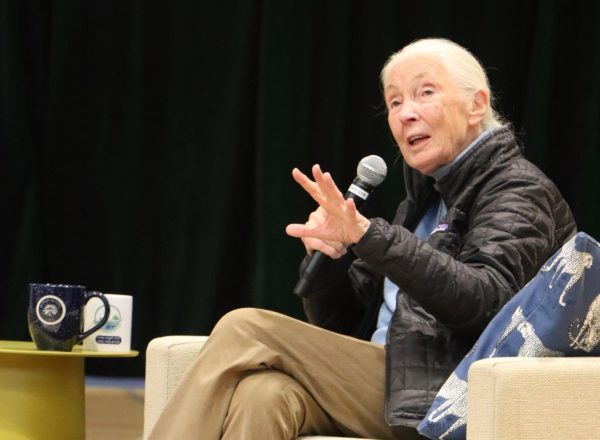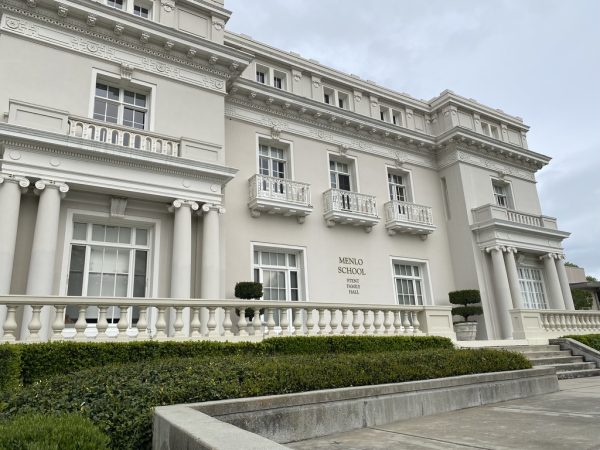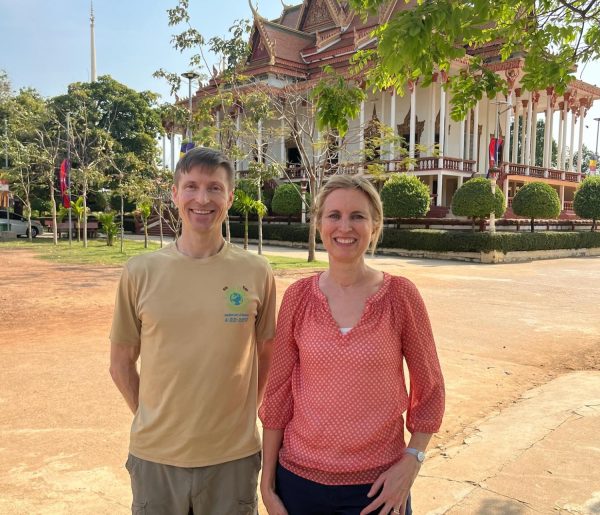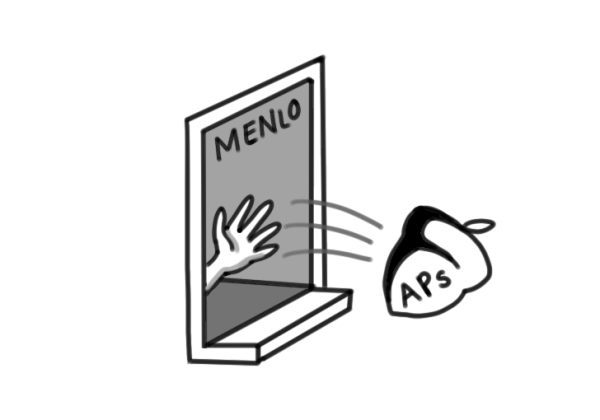Insight on Menlo’s Community Engagement Program
Knight Vision created the community engagement opportunity board to provide current opportunities of multiple credits. Staff Photo: Emily Han and Alexandra Viret
May 7, 2019
The community engagement program has experienced several changes this year, according to new Director of Community Engagement Chris Young and Knight Vision co-president senior Tzy Ying Yee. Among these changes are a wider range of engagement opportunities, greater student involvement in the Knight Vision club and adjustments in the service requirement system.
According to Young, he has expanded the definition of community engagement to include more community-related events. “I’ve added the options to go to certain types of events that might not be service, but would be something that is likely out of somebody’s comfort zone,” Young said. He added that these events would hopefully inspire empathy around and new awareness around certain issues.
Young is also the faculty advisor for Knight Vision, Menlo’s community service club. Young’s predecessor, Jessie Brugos, gave members more direction on how to lead the club. Students now have increased authority surrounding decisions about fundraising and service initiatives. “The students have a little bit more responsibility in deciding what the school is going to do and what fundraisers we’re going to take on,” Tzy Ying Yee said.
Yee also pointed out that Young is adding more opportunities to encourage students to view community engagement as a way to connect with people from around the world, rather than working with only their local community. “We’ve kind of looked at a more global idea of community engagement, rather than [just the] local [community],” she said. “[We’re] trying to broaden what we consider to be community.”
Young arrived at Menlo a year after the school administration changed the service requirement to be based on credits rather than on hours. In part due to complaints that the new system assigns credits inconsistently to activities, Young hopes to restructure the system in the future.
However, Young believes that in some ways the credits system is better than counting hours. “If we really want to encourage something that might be really unique or special, or if we need to make sure we have enough people for [an event], we could put more or less value on it in terms of credits,” he said.
Young is also considering implementing a requirement for students to accumulate their 10 credits through at least two distinct events instead of through a single long-term experience. “For the sake of trying something new, and for variety, [students would need] at least two different types of activities,” Young said.
While he believes it would be difficult to eliminate the crediting system altogether, Young supports the idea that students should not simply chase credits. “Ideally, we’d get to a point […] where [community engagement is] not an additional requirement, but it happens through academic courses,” he said, adding that a major project like this one would take five to 10 years to accomplish.
Additionally, Young and the faculty on the M-Term committee have decided to add a community engagement requirement to senior projects; this criteria will replace senior Personalized Action-Community Time (PACT) projects, which involve long-term research and volunteering for a cause of their choice. This change has been one of his main goals since the beginning of the year.
Young is also planning to hold an annual conference at Menlo, inviting student leaders from surrounding schools to discuss how to take action against local issues. He hopes the conference can serve as a way to ultimately start a bigger organization called One Bay, which will involve student leaders from the Bay Area working to mend some of the region’s biggest issues.
“The idea is to not just have a day where [issues in our area] get talked about and where people get inspired, but to actually have the conference as a kick-off of a campaign of young people who are serious about wanting to make an impact surrounding issues that matter to them,” Young said. He will invite guest speakers and hold workshops so that attendees can begin to organize ideas. The first conference date is set for Oct. 23, 2019.


